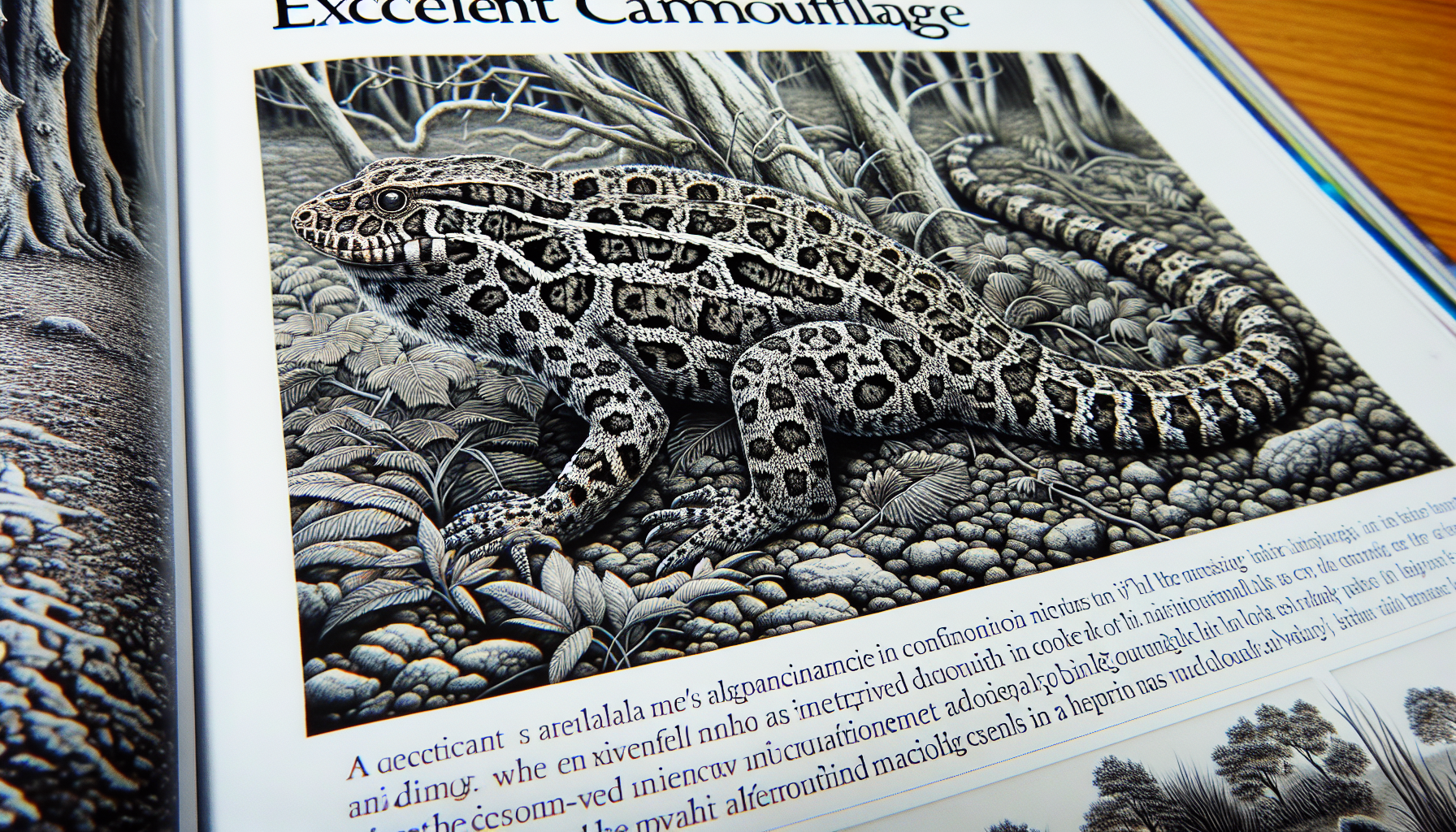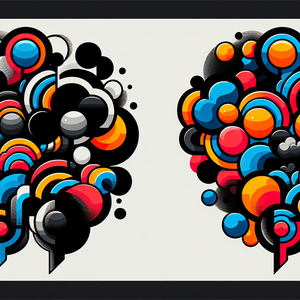Gaming from the Garage: How DIY Projects Led to Careers at PlayStation

For many budding game developers, the garage is more than just a physical space; it’s a haven for creativity and experimentation. This environment fosters innovation, allowing individuals to explore ideas without fear of failure. Take the story of a college student who, motivated by a love for gaming, developed a highly praised mod for a popular title. This project not only gained traction within the gaming community but also caught the eye of established studios, leading to a coveted internship. Such narratives highlight how personal projects can serve as a gateway to professional opportunities, exemplifying the potential hidden within DIY endeavors.
Captivating Major Players
What draws the attention of industry titans like PlayStation? It is the originality and fresh perspectives that DIY developers bring to the gaming scene. The industry thrives on innovative ideas, often seeking inspiration from outside conventional channels. Indie games, frequently born in garages, exemplify this trend. Titles such as “Stardew Valley” and “Celeste” emerged from individual developers’ passions and later became global phenomena. Their success stories underscore that talent and creativity can flourish in unexpected places. Recognizing this potential, PlayStation has launched initiatives like PlayStation Indies, dedicated to supporting indie developers with funding, resources, and promotional opportunities. These programs not only validate the efforts of DIY creators but also encourage a new wave of talent to pursue their gaming dreams. Such support can transform a simple project into the next blockbuster hit.
Building a Community
A significant aspect of the DIY gaming culture is its emphasis on community. Many aspiring developers actively share their projects online, creating an ecosystem of collaboration and support. Platforms like GitHub, Reddit, and specialized game development forums enable creators to showcase their work, gather feedback, and connect with peers. For instance, a group of friends working on a game in their garage utilized social media to document their progress. Their transparency attracted the attention of industry professionals, leading to a partnership with PlayStation for an upcoming title. This communal atmosphere amplifies individual efforts, allowing aspiring developers to build a portfolio that stands out to recruiters. The connections formed within these communities can open doors to opportunities that might have otherwise remained inaccessible.
The Road Ahead
The gaming industry is rapidly evolving, blurring the lines between amateur and professional. Technological advancements have made game development tools more accessible than ever before. Software like Unity and Unreal Engine allows anyone with a computer to create and publish their games, democratizing the field and inviting a broader range of voices to participate. As PlayStation and other major companies increasingly recognize the value of diverse talent, the pathways from DIY projects to professional careers become more defined. This shift not only enriches the gaming landscape but also inspires the next generation of creators to take the leap from their garages to the digital forefront.
The journey from gaming enthusiast to professional developer is no longer a distant dream but an achievable reality. The stories of individuals who have successfully transitioned from DIY projects to careers at PlayStation serve as powerful reminders of the importance of creativity, community, and passion. As the industry continues to evolve, these narratives inspire aspiring developers to embrace their unique visions and pursue their dreams. The garage, once a simple workspace, is emerging as a vital breeding ground for the next wave of gaming talent—waiting to be discovered by those daring enough to turn their dreams into reality.
Indie Game Developer
Indie studios, independent publishers, and self-publishing
Core Responsibilities
Design and develop engaging gameplay mechanics and storylines for indie games.
Collaborate with artists and sound designers to create a cohesive game experience.
Manage project timelines and milestones, often wearing multiple hats in a small team.
Required Skills
Proficiency in game development engines like Unity or Unreal Engine.
Strong programming skills, especially in languages such as C# or C++.
Creative problem-solving abilities and a passion for storytelling in games.
Game Designer (Level Design)
Game studios like Naughty Dog, Insomniac Games, and independent developers
Core Responsibilities
Create and iterate on level layouts, ensuring they provide engaging player experiences.
Conduct playtesting sessions to gather feedback and refine designs.
Work closely with programmers to implement game mechanics within designed levels.
Required Skills
Experience with level design tools and software, such as Tiled or Hammer Editor.
Understanding of game flow, pacing, and player psychology.
Strong communication skills to collaborate with multidisciplinary teams.
Community Manager for Gaming
Gaming companies like PlayStation, Xbox, and smaller indie studios
Core Responsibilities
Engage with the gaming community through social media, forums, and events to promote games and gather feedback.
Organize community events and initiatives to enhance player engagement and loyalty.
Collaborate with developers to relay community insights and suggestions, influencing future game updates.
Required Skills
Excellent writing and communication skills tailored to a gaming audience.
Experience in community engagement strategies and tools like Discord or Reddit.
Strong understanding of gaming culture and trends.
Sound Designer for Video Games
Game studios, audio production companies, and freelance opportunities
Core Responsibilities
Create and implement sound effects, voiceovers, and ambient sounds that enhance the gaming experience.
Work with the development team to ensure audio aligns with gameplay mechanics and narrative.
Conduct field recordings and manage audio libraries for efficiency.
Required Skills
Proficiency in audio software such as Pro Tools, Audacity, or FMOD.
Strong understanding of audio principles, music theory, and sound design techniques.
Creative mindset with a keen ear for detail to craft immersive audio experiences.
Game Marketing Specialist
Major publishers like Electronic Arts, Ubisoft, and smaller indie game studios
Core Responsibilities
Develop and execute marketing strategies to promote upcoming games across various platforms.
Analyze market trends and player demographics to tailor campaigns effectively.
Collaborate with development teams to create promotional materials, including trailers, screenshots, and press releases.
Required Skills
Experience in digital marketing, especially in the gaming industry.
Strong analytical skills to evaluate campaign performance and adapt strategies.
Excellent written and verbal communication skills for engaging with media and gamers.


